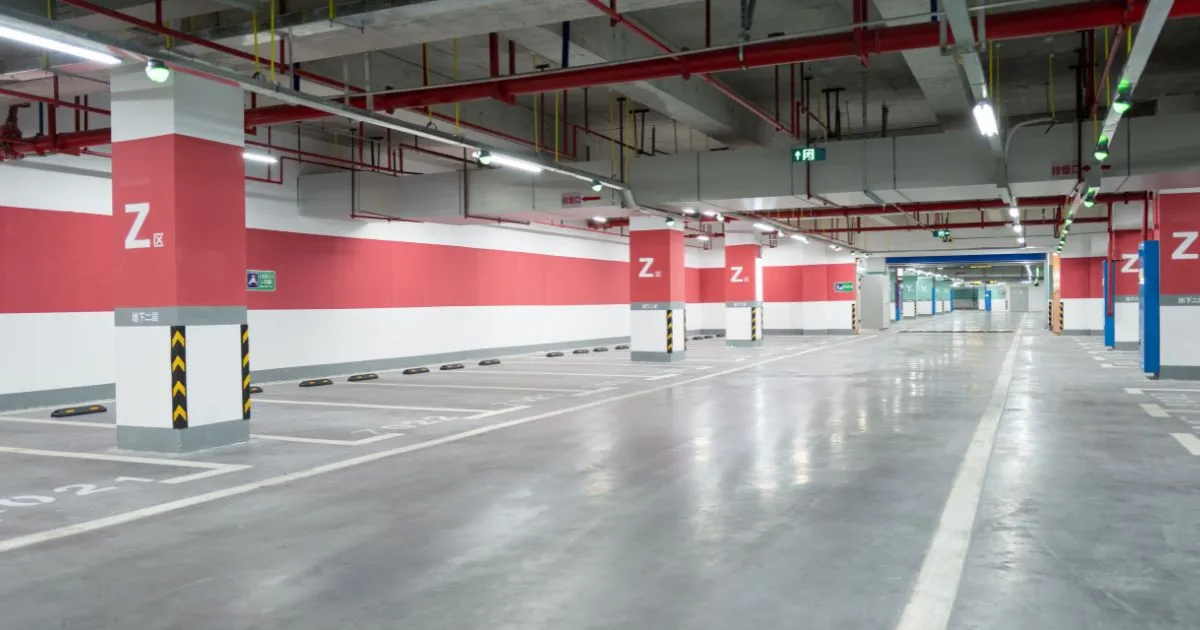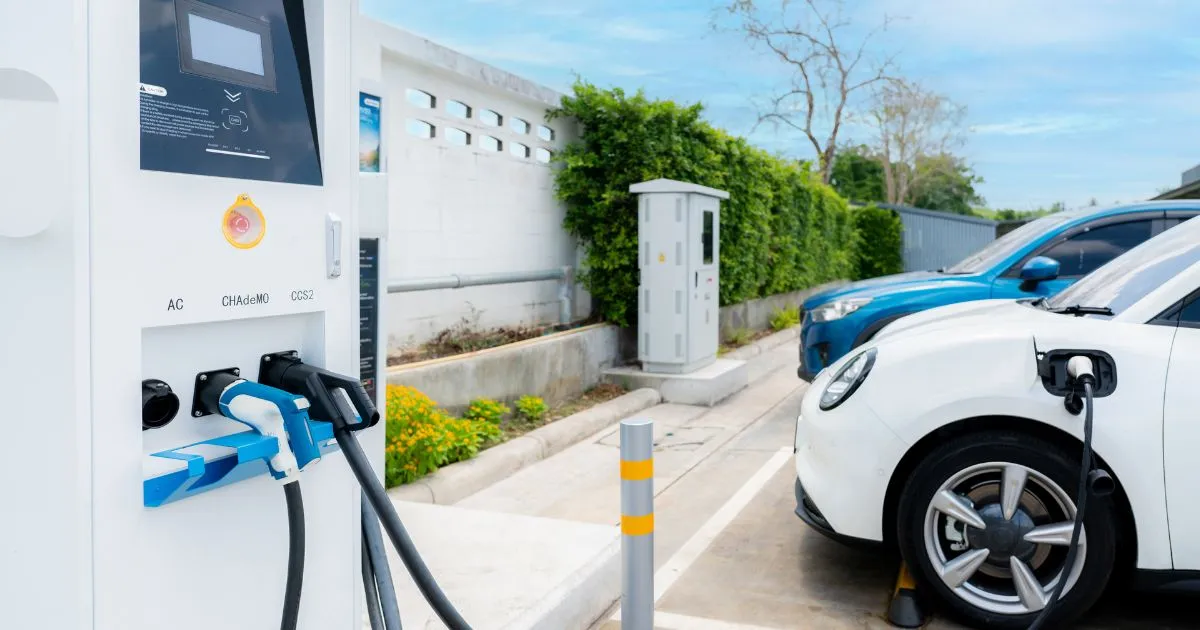The Best Self-Parking Electric Cars Ranked

As electric vehicles (EVs) continue to revolutionise the automotive industry, one feature that's gaining significant attention is self-parking technology. For Australian drivers navigating tight city spaces or struggling with parallel parking, this innovation is a game-changer. In this article, we'll explore the top self-parking electric cars available in Australia, ranking them based on their performance, reliability, and user experience. Whether you're a tech enthusiast, a nervous parker, or simply looking to make your daily commute easier, understanding the capabilities of these vehicles can help you make an informed decision about your next car purchase. As parking management technologies evolve, self-parking EVs are at the forefront of this transformation.
What is Self-Parking Technology?
Self-parking technology, also known as autonomous parking or auto parking, is an advanced driver assistance system (ADAS) that enables a vehicle to park itself with minimal or no input from the driver. This technology has been in development since the early 2000s, with the first production car featuring a self-parking system introduced by Toyota in 2003. However, it's only in recent years that the technology has become more sophisticated and widely available, particularly in electric vehicles. Self-parking systems use a combination of sensors, cameras, and sophisticated algorithms to navigate the vehicle into parking spaces, whether they're parallel, perpendicular, or angled. As EVs continue to gain popularity in Australia, with sales increasing to 3.8% of new car sales in 2023, self-parking features are becoming an increasingly important consideration for buyers.

How Self-Parking Technology Works
Self-parking systems typically operate through the following process:
For best results, drivers should follow the system's prompts and be prepared to intervene if necessary. It's important to note that while these systems are highly advanced, they are not infallible and may struggle in certain conditions, such as poor weather or unusually shaped parking spaces. As Daniel Battaglia, author of Parking Made Easy: Making Life Easier, notes: "The integration of smart parking technologies has transformed what was once a stressful experience into a seamless part of our daily commute."
Benefits of Self-Parking Electric Cars
The advantages of self-parking electric cars are numerous and significant:
For many drivers, the convenience of self-parking technology can be a major factor in choosing an electric vehicle. This feature not only enhances the driving experience but also contributes to safer and more efficient urban environments. As cities like Sydney and Melbourne grapple with parking-related traffic congestion, self-parking EVs offer a promising solution.
Additionally, according to Ergon, "The cost of the electricity required to charge an EV is around 40% less than the cost to use petrol for a similar sized vehicle driving the same distance". This cost-effectiveness is further enhanced by lower maintenance and registration costs.

Drawbacks and Limitations
While self-parking technology offers many benefits, it's not without its challenges:
It's crucial for drivers to understand that self-parking systems are assistive technologies, not replacements for attentive driving. As with any advanced vehicle feature, there's a learning curve involved in using self-parking systems effectively and safely.
Real-World Examples and Case Studies
To illustrate the effectiveness of self-parking electric cars, let's look at some real-world examples:
A study conducted by the Electric Vehicle Council of Australia found that 78% of EV owners who have self-parking features use them regularly, citing increased confidence in tight parking situations. This demonstrates the real-world value and adoption of this technology among Australian drivers.

Comparison, Trends, and Future Predictions
When comparing self-parking electric cars, key factors to consider include the accuracy of the system, the range of parking scenarios it can handle, and the user interface. Currently, luxury EV brands tend to offer the most advanced self-parking features, but more affordable models are quickly catching up. Looking to the future, we can expect to see:
As self-parking technology continues to evolve, it's likely to become a standard feature in most electric vehicles, further enhancing the appeal of EVs in urban environments. This trend aligns with broader initiatives to create smarter, more efficient cities through innovative transportation solutions.
Conclusion and Final Thoughts
Self-parking electric cars represent a significant leap forward in automotive technology, offering a blend of convenience, safety, and efficiency. As we've explored, these vehicles can greatly reduce the stress associated with parking, particularly in busy urban areas. While the technology still has some limitations, ongoing advancements are rapidly addressing these challenges. For Australian drivers considering an electric vehicle, the self-parking feature could be a compelling reason to make the switch. As this technology becomes more widespread, it has the potential to transform our urban landscapes, making parking more efficient and accessible for everyone. We encourage you to experience self-parking technology for yourself and share your thoughts. Have you used a self-parking EV? How did it compare to traditional parking? Leave a comment below or sign up for our newsletter to stay updated on the latest in EV and parking technology advancements.
 **Written by Daniel Battaglia:** As the author of
**Written by Daniel Battaglia:** As the author of 


Share